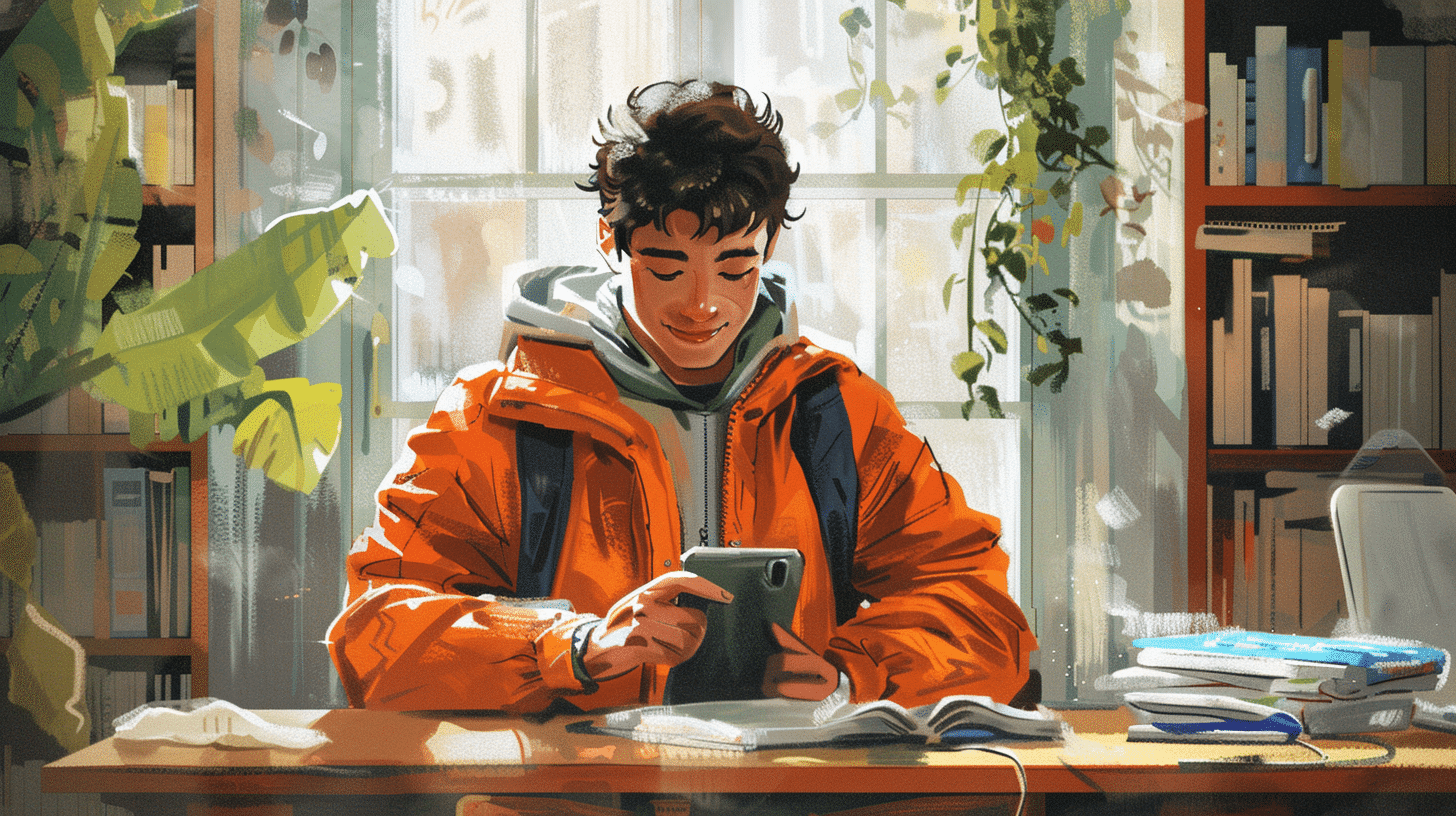When learning English, understanding the various tools and mechanisms that connect ideas is crucial. One of these tools is the correlative conjunction. Correlative conjunctions are pairs of words that work together to link equal elements in a sentence. They are essential for creating complex, nuanced, and grammatically correct sentences.
Understanding Correlative Conjunctions
Correlative conjunctions come in pairs, and they connect two elements of equal grammatical importance. The most common correlative conjunctions in English are:
– both…and
– either…or
– neither…nor
– not only…but also
– whether…or
These pairs are used to connect words, phrases, or clauses of the same type. For instance, they can join two nouns, two verbs, two adjectives, etc. Understanding how to use these conjunctions correctly can significantly enhance your ability to express complex ideas clearly and effectively.
Examples of Correlative Conjunctions
To get a better grasp of how correlative conjunctions work, let’s look at each pair in detail with examples:
Both…and
This pair is used to indicate that two elements are equally significant in a sentence. It emphasizes the inclusion of both items.
– Correct: She is interested in both art and science.
– Incorrect: She is interested in both art or science.
Either…or
This pair is used to present two options, where only one of them can be true or possible.
– Correct: You can either call me or email me.
– Incorrect: You can either call me nor email me.
Neither…nor
This pair is used to negate both options, meaning that neither one is true or possible.
– Correct: He is neither rich nor famous.
– Incorrect: He is neither rich or famous.
Not only…but also
This pair is used to emphasize that both elements are true, often highlighting the second element more.
– Correct: She is not only intelligent but also hardworking.
– Incorrect: She is not only intelligent and also hardworking.
Whether…or
This pair is used to indicate that either option is possible or to introduce an alternative.
– Correct: I don’t know whether he will come or not.
– Incorrect: I don’t know whether he will come nor not.
Common Mistakes and How to Avoid Them
Using correlative conjunctions can be tricky, and even native speakers sometimes make mistakes. Here are some common errors and tips on how to avoid them:
1. Mismatched Pairing
Ensure that the words following each part of the correlative conjunction are of the same type. For example, if “both” is followed by a noun, then “and” should also be followed by a noun.
– Incorrect: She both sings and is a dancer.
– Correct: She both sings and dances.
2. Subject-Verb Agreement
When using correlative conjunctions, especially “either…or” and “neither…nor,” the verb should agree with the subject closer to it.
– Incorrect: Either the teachers or the principal are attending the meeting.
– Correct: Either the teachers or the principal is attending the meeting.
3. Redundancy
Avoid using unnecessary words that can make the sentence cumbersome.
– Incorrect: Whether or not you like it, you have to do it.
– Correct: Whether you like it or not, you have to do it.
Advanced Usage of Correlative Conjunctions
Once you have a basic understanding of correlative conjunctions, you can start using them in more complex sentences. Here are a few advanced tips:
1. Combining with Other Conjunctions
Correlative conjunctions can be combined with other conjunctions to form compound sentences.
– Example: Not only did she excel in her exams, but she also won a scholarship, and she got a job offer.
2. Inverted Sentence Structures
For emphasis, sometimes the structure of the sentence can be inverted.
– Example: Not only is he talented, but he is also very humble.
3. Parallelism
Ensure that the elements connected by correlative conjunctions are parallel in structure. This means that they should follow the same grammatical format.
– Correct: She likes both reading books and watching movies.
– Incorrect: She likes both reading books and to watch movies.
Practice Exercises
To solidify your understanding, here are some exercises. Try to complete these sentences using the correct correlative conjunctions:
1. I will ___________ go to the party ___________ stay home.
2. ___________ the manager ___________ the employees were aware of the changes.
3. He is ___________ talented ___________ hardworking.
4. You can ___________ take the bus ___________ walk to the station.
5. She is interested in ___________ chemistry ___________ biology.
Answers
1. I will either go to the party or stay home.
2. Neither the manager nor the employees were aware of the changes.
3. He is not only talented but also hardworking.
4. You can either take the bus or walk to the station.
5. She is interested in both chemistry and biology.
Conclusion
Correlative conjunctions are a powerful tool in the English language. They help to connect ideas and create more complex and nuanced sentences. By understanding and practicing their use, you can improve your writing and speaking skills significantly. Remember to pay attention to parallelism and subject-verb agreement to avoid common mistakes. Happy learning!








